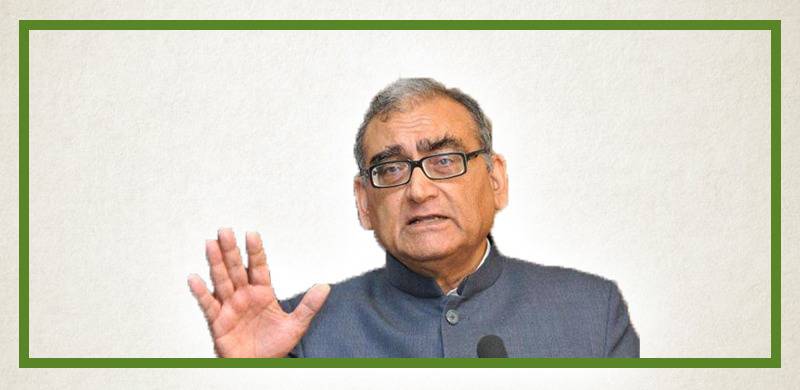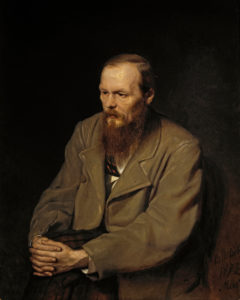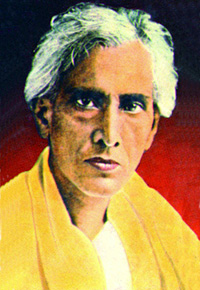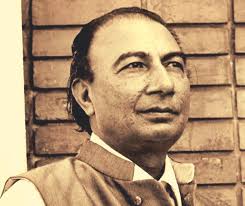
Justice Katju writes that Indians need to raise their voice against violence aimed at women, regardless of the socio-economic background of the victims. For him, even though India has made great strides in the field of women’s rights, the country still needs to do more to end this deeply embedded phenomenon.
The recent brutal rape-cum-murder of Dr. Priyanka Reddy, the young veterinary doctor of Hyderabad, has shocked the whole of India, and there have been loud demands for death sentence of the culprits, with one Member of the Indian Parliament even demanding the lynching of the rapists.
The UN General Assembly had designated 25th November as the International Day for elimination of violence against women.
To my mind, however, these demands and declarations are only gimmicks and empty rhetoric, and the malady is much deeper.
For instance, there are millions of sex workers in India (the exact number being only a matter of conjecture) and these women have to sell their bodies not because they enjoy it but due to abject poverty. They have to live in horrible conditions and are treated brutally and inhumanly. Does anyone care for them? They may not be veterinary doctors like Priyanka Reddy. In fact most of them may not even have had primary education, but are they not human beings?
No public hue and cry is raised when they are treated as animals, and sometimes even brutally killed, as was the case in Budhadeb Karmaskar vs State of West Bengal, 2011 (see online), a case which came up before a bench of the Supreme Court presided over by me. In that case the appellant had caught a sex worker of Kolkata by her hair and smashed her head repeatedly against a wall, thus killing her.

Nobody raised a hue and cry over it in public. Why? Because the victim was not a veterinary doctor like Priyanka Reddy but an uneducated poor girl who was compelled for economic reasons to join the trade of selling her body to fill her stomach.

Indian society is so heartless that it does not even regard these poor girls as being within the pale of human society and cares two hoots about what happens to them. One is reminded of Sonia Marmaledova in Dostoevsky’s novel ‘Crime and Punishment’ who had to become a prostitute to feed her family, or characters like Rajyalakshmi (in ‘Shrikant’) or Chandramukhi (in ‘Devdas’) in Sarat Chandra Chattopadhyaya’s famous novels. One is also reminded of the poem ‘Chakle’ (brothels) by the great Urdu poet Sahir Ludhianvi who wrote:

Though some strides have no doubt been made by Indian women since Independence in 1947 (see my article ‘On Women’s Emancipation’ on my blog Satyam Bruyat), real emancipation of women will only be achieved when we create a non-exploitative society. When man stops exploiting man, he will also stop exploiting woman.
Till that happens, all these MeToo movements and laws and judgments on violence against women, e.g. Vishakha vs State of Rajasthan, Protection of Women from Domestic Violence Act, 2005, Criminal Law (Amendment) Act, 2013 (the Nirbhaya Act) etc will remain only empty platitudes and hot air, and crimes against women will continue.
https://www.youtube.com/watch?v=LCAv3SC9RJk
I am not justifying rapes or other kinds of violence against women. Far from it. Those who commit them are despicable people who must be given harsh punishment. But to think that tough laws and sentences, and public outcry and brouhaha will alone solve the problem is only a superficial solution to a much deeper social malady.
The recent brutal rape-cum-murder of Dr. Priyanka Reddy, the young veterinary doctor of Hyderabad, has shocked the whole of India, and there have been loud demands for death sentence of the culprits, with one Member of the Indian Parliament even demanding the lynching of the rapists.
The UN General Assembly had designated 25th November as the International Day for elimination of violence against women.
To my mind, however, these demands and declarations are only gimmicks and empty rhetoric, and the malady is much deeper.
For instance, there are millions of sex workers in India (the exact number being only a matter of conjecture) and these women have to sell their bodies not because they enjoy it but due to abject poverty. They have to live in horrible conditions and are treated brutally and inhumanly. Does anyone care for them? They may not be veterinary doctors like Priyanka Reddy. In fact most of them may not even have had primary education, but are they not human beings?
No public hue and cry is raised when they are treated as animals, and sometimes even brutally killed, as was the case in Budhadeb Karmaskar vs State of West Bengal, 2011 (see online), a case which came up before a bench of the Supreme Court presided over by me. In that case the appellant had caught a sex worker of Kolkata by her hair and smashed her head repeatedly against a wall, thus killing her.

Nobody raised a hue and cry over it in public. Why? Because the victim was not a veterinary doctor like Priyanka Reddy but an uneducated poor girl who was compelled for economic reasons to join the trade of selling her body to fill her stomach.

Indian society is so heartless that it does not even regard these poor girls as being within the pale of human society and cares two hoots about what happens to them. One is reminded of Sonia Marmaledova in Dostoevsky’s novel ‘Crime and Punishment’ who had to become a prostitute to feed her family, or characters like Rajyalakshmi (in ‘Shrikant’) or Chandramukhi (in ‘Devdas’) in Sarat Chandra Chattopadhyaya’s famous novels. One is also reminded of the poem ‘Chakle’ (brothels) by the great Urdu poet Sahir Ludhianvi who wrote:
“Zara mulk ke rehbaron ko bulao, yeh kooche, yeh galiyaan, yeh manzar dikhao
Sanaakhwaan-e-taqdees-e-mashriq ko lao, Sanaakhwaan-e-taqdees-e-mashriq kahaan hain?”

Though some strides have no doubt been made by Indian women since Independence in 1947 (see my article ‘On Women’s Emancipation’ on my blog Satyam Bruyat), real emancipation of women will only be achieved when we create a non-exploitative society. When man stops exploiting man, he will also stop exploiting woman.
Till that happens, all these MeToo movements and laws and judgments on violence against women, e.g. Vishakha vs State of Rajasthan, Protection of Women from Domestic Violence Act, 2005, Criminal Law (Amendment) Act, 2013 (the Nirbhaya Act) etc will remain only empty platitudes and hot air, and crimes against women will continue.
https://www.youtube.com/watch?v=LCAv3SC9RJk
I am not justifying rapes or other kinds of violence against women. Far from it. Those who commit them are despicable people who must be given harsh punishment. But to think that tough laws and sentences, and public outcry and brouhaha will alone solve the problem is only a superficial solution to a much deeper social malady.
